Process Automation streamlines operations by reducing manual intervention, enhancing efficiency, and ensuring task consistency. It integrates seamlessly into existing workflows to optimize productivity.
Businesses utilize Process Automation to achieve high levels of accuracy in repetitive tasks. Automation solutions decrease workload pressure, allowing employees to focus on higher-value activities. This technology ensures quicker processing times and enhances overall performance within diverse organizational environments.
What are the key features of Process Automation?In manufacturing, automation ensures accuracy in assembly line operations. Healthcare benefits from automated scheduling and record-keeping, enhancing patient care. Financial services use automation for robust data processing and compliance management.
Organizations improve efficiency, maintain process consistency, and enable resource optimization with Process Automation. It provides the means to manage workloads more effectively and innovate within safe parameters.
| Product | Market Share (%) |
|---|---|
| Camunda | 23.9% |
| Temporal | 7.6% |
| Flowable | 6.4% |
| Other | 62.1% |



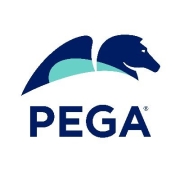



































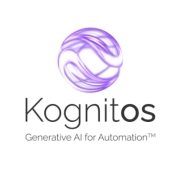



























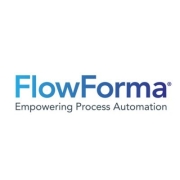

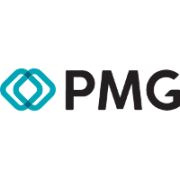
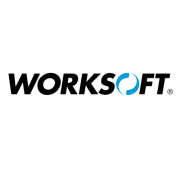










An example of process automation is automated file transfers. File transfers can be incorporated into larger workflows that include tasks like encrypting and decrypting the files or entering the information they contain into an ERP system. Likewise, process automation can also be used to automate your database interaction processes without writing a line of code.
Process Automation can significantly improve your operational efficiency by reducing manual interventions and minimizing errors. By automating repetitive tasks, you can ensure a faster and more accurate workflow. This allows your team to focus on more strategic initiatives, leading to higher productivity and cost savings.
What are the key benefits of implementing Process Automation solutions?When you implement Process Automation solutions, you can immediately see benefits such as increased accuracy, faster task completion, and reduced costs. Automation helps streamline complex processes, resulting in fewer human errors and improved compliance. It can also enhance customer satisfaction by delivering consistent and high-quality service experiences.
What industries benefit most from Process Automation?Industries that deal with high volumes of repetitive tasks, such as finance, healthcare, manufacturing, and logistics, benefit immensely from Process Automation. It enables these sectors to handle large-scale operations with greater efficiency. For example, in healthcare, automation can expedite patient data processing, and in finance, it can streamline transaction monitoring.
How does Process Automation integrate with existing systems?Process Automation can seamlessly integrate with your existing systems using APIs and connectors. This integration allows you to connect disparate systems, ensuring that data flows smoothly across platforms. By doing so, you can maintain data integrity, enhance collaboration, and leverage your current infrastructure without significant overhauls.
What are the common challenges in adopting Process Automation?Adopting Process Automation comes with challenges such as budget constraints, resistance to change, and technical complexities. You might face difficulties in aligning automation tools with legacy systems or in training employees on new technologies. However, with careful planning and stakeholder engagement, these challenges can be effectively managed to ensure a smooth transition.